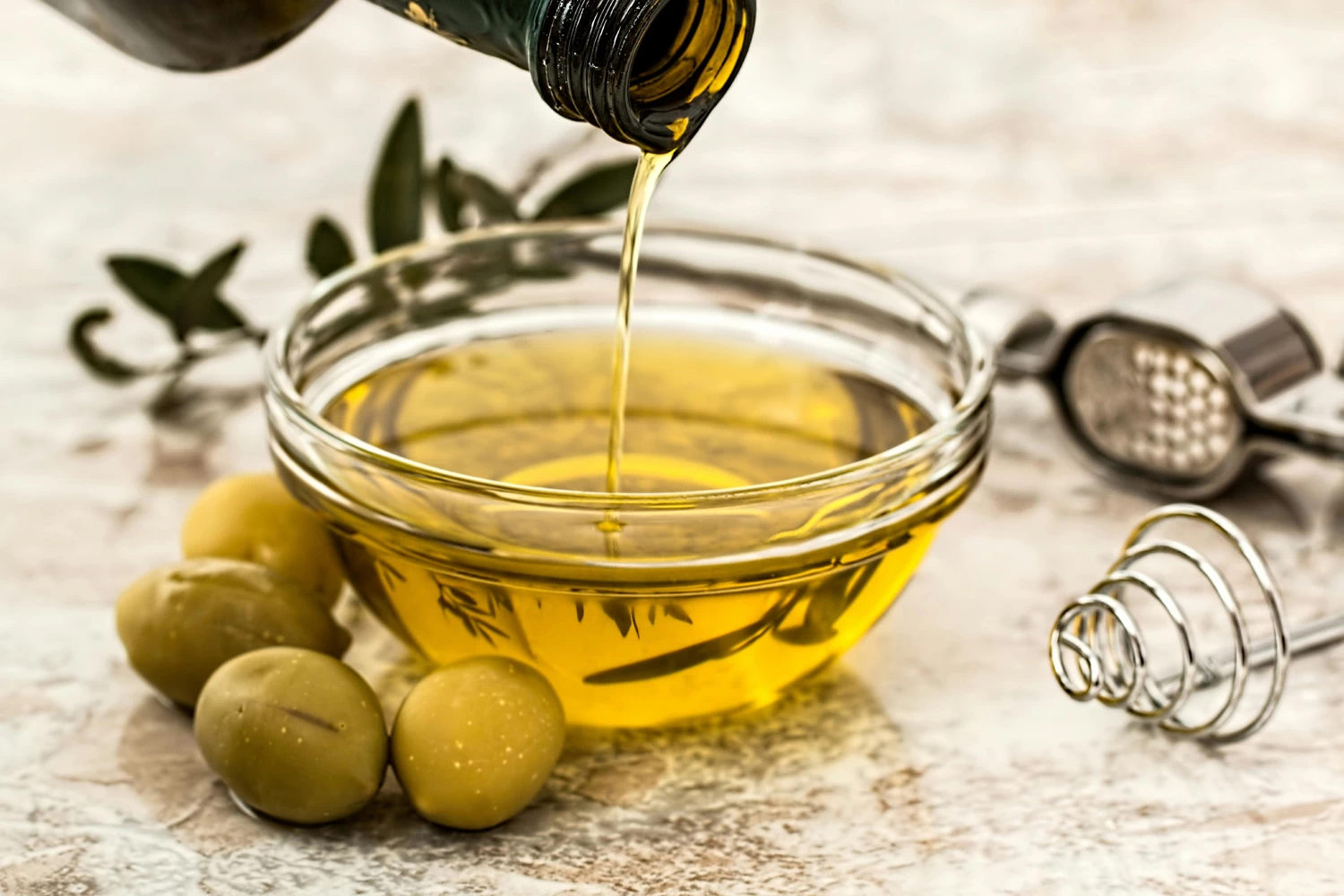Cooking oils assume a fundamental part in our eating regimens, particularly with regards to Frying. Olive oil is a staple in sound cooking, however, is it genuinely the most ideal decision for Frying? We should investigate.
Understanding Cooking Oils
Cooking oils are something beyond a mode for Frying; they’re pivotal in deciding the flavor, surface, and healthy benefit of your dinners. Their effect on wellbeing couldn’t possibly be more significant, as various oils offer different supplements and mixtures that would be useful.
Composition of Cooking Oils
Cooking oils comprise various sorts of fats: soaked, unsaturated, and trans fats. Soaked fats, frequently found in margarine and coconut oil, can raise cholesterol levels, while unsaturated fats, present in oils like olive and canola, are heart-accommodating. Trans fats, for the most part, tracked down in handled oils, are best kept away from. For point-by-point experiences, investigate Sound Cooking Oils Healthy Cooking Oils to look into their arrangement.
Health Benefits of Oils
Oils are not just about fats; they’re loaded with cell reinforcements and unsaturated fats that add to well-being. A few oils, similar to olive oil, are rich in monounsaturated fats and cell reinforcements, supporting heart well-being and lessening irritation. For extra data on different oils’ advantages, look at Changed Cooking Oils and Their Medical Advantages Different Cooking Oils and Their Health Benefits.
Olive Oil: A Popular Choice
Olive oil is commended in cooking styles overall for its flavor and medical advantages. Be that as it may, for what reason is it so frequently suggested for sound cooking?
Types of Olive Oil
Olive oil comes in a few assortments: additional virgin, virgin, and standard. Additional virgin olive oil is the most un-handled and holds more cell reinforcements, making it ideal for plates of mixed greens and low-heat cooking. Virgin olive oil offers an equilibrium for medium-heat applications, while normal olive oil, more refined, suits searing necessities. Study these sorts in A Definitive Manual for the Various Kinds of Olive Oil Ultimate Guide to the Different Types of Olive Oil.
Smoke Point and Cooking Applications
The smoke point of an oil is the temperature at which it begins to smoke and separate. For olive oil, the smoke point changes by type, with additional virgin at around 375°F and refined oil coming to up to 465°F. This makes refined olive oil reasonable for Frying. Plunge further into the idea of Smoke Point Smoke Point and its significance in cooking.
Comparative Analysis of Cooking Oils
Is olive oil the defending champ for Frying, or do different oils keep it honest? We should dissect it.
Nutritional Comparison
Olive oil stands apart for its monounsaturated fats and cell reinforcements. Interestingly, vegetable oil offers a fair proportion of omega-6 to omega-3 acids, while coconut oil offers immersed fats that might be of some value. Look at oils utilizing a nourishing profile correlation:
Oil Type Saturated Fat Monounsaturated Fat Polyunsaturated Fat Smoke Point
| Oil Type | Saturated Fat | Monounsaturated Fat | Polyunsaturated Fat | Smoke Point |
|---|---|---|---|---|
| Olive Oil | 14% | 73% | 11% | 375-465°F |
| Vegetable Oil | 11% | 24% | 61% | Up to 450°F |
| Canola Oil | 7% | 63% | 28% | 400°F |
| Coconut Oil | 82% | 6% | 2% | 350°F |
For more on picking the right culinary oil, consider an Oil Smoke Point Outline Oil Smoke Point Chart.
Best Practices for Frying
Picking the right oil relies upon the food and Frying strategy. For high-heat Frying, refined olive oil or canola oil works best. For medium-heat dishes, choose additional virgin olive oil for its flavor and medical advantages. Continuously remember your oil’s smoke highlight keep up with healthful honesty and forestall unwanted flavors.
FAQs
Is olive oil appropriate for profound Frying?
Refined olive oil can be utilized for profound Frying because of its higher smoke point.
What is the best oil for searing?
Olive oil is viewed as quite possibly the best choice, particularly in its crude structure for lower-heat cooking.
Might I at any point blend oils while Frying?
Indeed, consolidating oils can adjust enhance and further develop the smoke point.
Conclusion
The decision of oil can fundamentally impact your cooking’s refreshment and taste. While olive oil stays a top decision, particularly for its heart-accommodating properties, it’s not the most important thing in the world. Knowing your cooking technique and the oil’s attributes guarantees you get the most flavorful, sound outcomes. Whether olive oil is your go-to or you blend it in with others, settle on informed decisions for the best culinary results.



Your blog is a beacon of light in the often murky waters of online content. Your thoughtful analysis and insightful commentary never fail to leave a lasting impression. Keep up the amazing work!
I don’t think the title of your article matches the content lol. Just kidding, mainly because I had some doubts after reading the article.